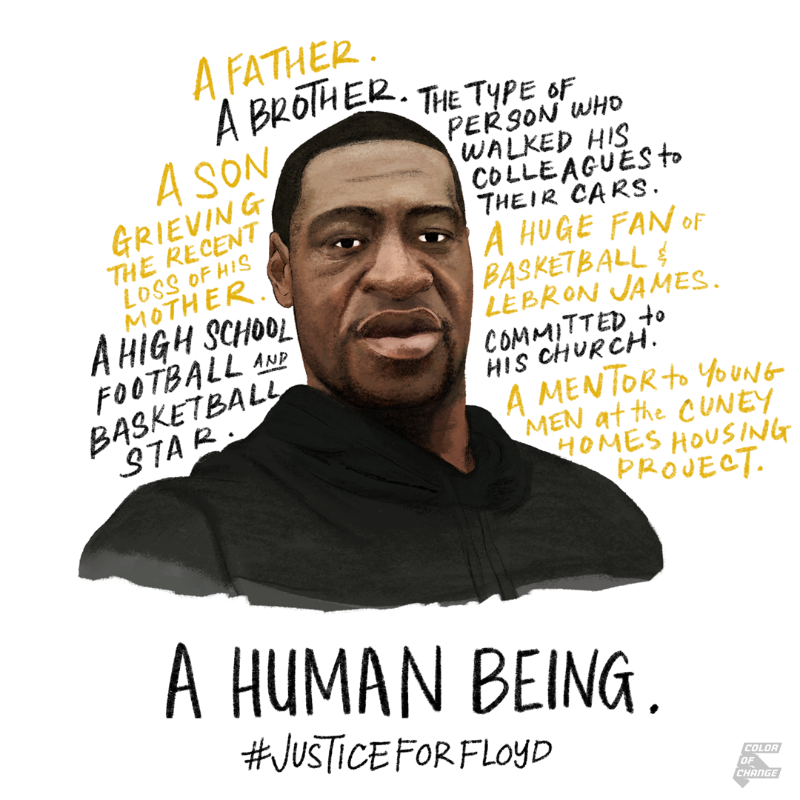Corona Reflections
By Ruby Tedeschi
I am writing this from my childhood room in my parents’ house in Colorado and reflecting on the tremendous ways in which this global pandemic is impacting people worldwide. If you live a life of privilege like I do, maybe the impact is that your life trajectory has changed slightly, and you now have to swallow your pride and accept the help of your parents or friends. For others, it may mean that you will be working from home for a while. But for some, the migrant community, people experiencing homelessness, and other people that have been marginalized by our society, this pandemic is dangerous for reasons other than the virus itself.
My life has changed because of COVID-19. I decided to return home from Guatemala, where I was an Internacionalista for NISGUA’s accompaniment program. I had only been accompanying for about a month when the Coronavirus became serious enough to discuss what it would mean to leave Guatemala and go home to my family. As I was making this decision, I was weighing many things.
I myself am immunocompromised and have serious respiratory problems, and as borders were closing, I was scared for my personal safety, scared that I would not be able to access the kind of medical care I would need if I was to get sick. I was also wary of the fact that if I was to get sick, I would be taking away necessary medical resources from local Guatemalans.
On the other hand, leaving the place where I was doing solidarity work in a time of crisis felt contrary to all of my beliefs. I believe that in times of crisis, solidarity means staying and standing beside the people you are working with. There is serious concern that the Guatemalan state will use this pandemic as an excuse for increased militarization and criminalization. We already see this happening. Guatemala has issued a 4pm-4am curfew and arrested and incarcerated more than 500 people on the first day. Those who cannot pay the fine to be released will spend 15-30 days in jail. Local Guatemalan news reports that some of the arrested people already have symptoms of the virus. This curfew may also impact the Xinka Parliament’s 24/7 occupation of the entrance to the Escobal silver mine, increasing concern that the Guatemalan state will use this crisis to push forward the reopening of the mine. This virus has created unusual circumstances in which physically standing together presents risks, and so now we must pivot and develop new ways to stand in solidarity.
This is the backdrop in which I made the decision to come home. In this moment I was coming to terms with two very important themes. The first was accepting that making this decision due to my body’s limitations would leave me feeling weak and ashamed. The second was understanding that there are many other people in the world with more severe health risks and less access to medical care and other preventative resources. I am lucky enough to have the resources to protect myself, and now I must ask myself how I can continue to be in solidarity with at risk people and communities from where I am.
If I was to project my own experience onto others, I would guess that everyone feels scared – scared for their personal safety, and the safety of their loved ones. I would guess we are lamenting the loss of jobs and opportunities. I would guess some of us feel ashamed as we reflect on how our choices have and will negatively impact people. I would guess that this is forcing us to come to terms with personal health and capability. And while all these emotions are valid and must be felt, I do not want to let them consume me. I want to use this time of heightened emotion to reflect on topics such as privilege and community care, and I invite you to do the same.
As I process these emotions and adapt to what international solidarity work will look like in these times, I will be thankful for shelter, family, and my adorable dog. I will continue to ask the people in my life, near and far, how they are doing and if they need anything. I will check in on the elderly and immunocompromised. I will get more involved in mutual aid work here along the front range. I will keep putting pressure on my local government to protect people experiencing homelessness, the migrant community, and other incarcerated folks. I will continue to pay attention to the actions of the U.S. government and governments abroad, analyzing the way rules and regulations may be oppressive and marginalizing of at-risk communities.
I am so grateful for the network that is the Denver Justice and Peace Community. Sending care and ánimo to you all!
Abrazos,
Ruby


